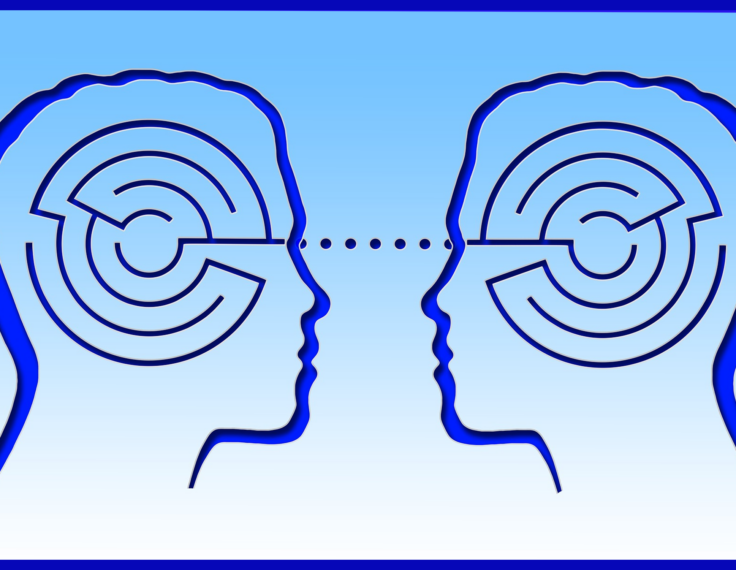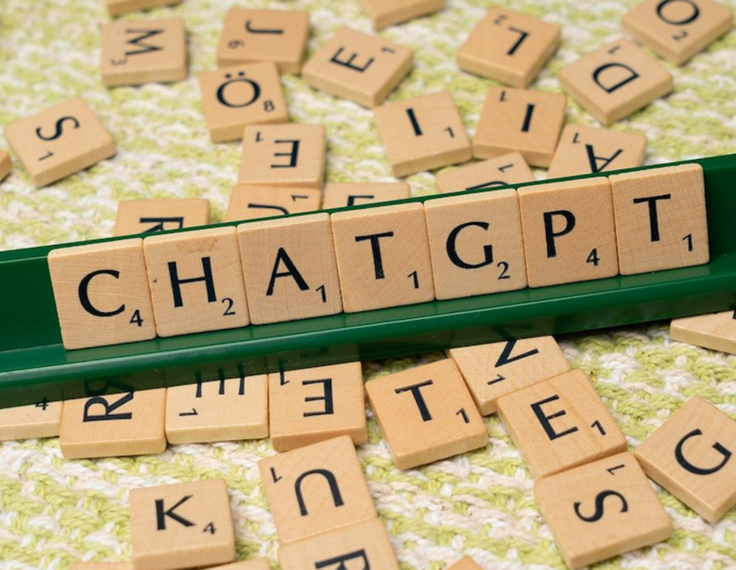Explore All Articles
All Articles
Article Topic

Disagreement as a way to study misinformation and its effects
Damian Hodel and Jevin D. West
Experts consider misinformation a significant societal concern due to its associated problems like political polarization, erosion of trust, and public health challenges. However, these broad effects can occur independently of misinformation, illustrating a misalignment with the narrow focus of the prevailing misinformation concept.

Structured expert elicitation on disinformation, misinformation, and malign influence: Barriers, strategies, and opportunities
Ariel Kruger, Morgan Saletta, Atif Ahmad and Piers Howe
We used a modified Delphi method to elicit and synthesize experts’ views on disinformation, misinformation, and malign influence (DMMI). In a three-part process, experts first independently generated a range of effective strategies for combatting DMMI, identified the most impactful barriers to combatting DMMI, and proposed areas for future research.

Misinformed about misinformation: On the polarizing discourse on misinformation and its consequences for the field
Irene V. Pasquetto, Gabrielle Lim and Samantha Bradshaw
The field of misinformation is facing several challenges, from attacks on academic freedom to polarizing discourse about the nature and extent of the problem for elections and digital well-being. However, we see this as an inflection point and an opportunity to chart a more informed and contextual research practice.

GPT-fabricated scientific papers on Google Scholar: Key features, spread, and implications for preempting evidence manipulation
Jutta Haider, Kristofer Rolf Söderström, Björn Ekström and Malte Rödl
Academic journals, archives, and repositories are seeing an increasing number of questionable research papers clearly produced using generative AI. They are often created with widely available, general-purpose AI applications, most likely ChatGPT, and mimic scientific writing. Google Scholar easily locates and lists these questionable papers alongside reputable, quality-controlled research.

What do we study when we study misinformation? A scoping review of experimental research (2016-2022)
Gillian Murphy, Constance de Saint Laurent, Megan Reynolds, Omar Aftab, Karen Hegarty, Yuning Sun and Ciara M. Greene
We reviewed 555 papers published from 2016–2022 that presented misinformation to participants. We identified several trends in the literature—increasing frequency of misinformation studies over time, a wide variety of topics covered, and a significant focus on COVID-19 misinformation since 2020. We also identified several important shortcomings, including overrepresentation of samples from the United States and Europe and excessive emphasis on short-term consequences of brief, text-based misinformation.

A focus shift in the evaluation of misinformation interventions
Li Qian Tay, Stephan Lewandowsky, Mark J. Hurlstone, Tim Kurz and Ullrich K. H. Ecker
The proliferation of misinformation has prompted significant research efforts, leading to the development of a wide range of interventions. There is, however, insufficient guidance on how to evaluate these interventions. Here, we argue that researchers should consider not just the interventions’ primary effectiveness but also ancillary outcomes and implementation challenges.

A survey of expert views on misinformation: Definitions, determinants, solutions, and future of the field
Sacha Altay, Manon Berriche, Hendrik Heuer, Johan Farkas and Steven Rathje
We surveyed 150 academic experts on misinformation and identified areas of expert consensus. Experts defined misinformation as false and misleading information, though views diverged on the importance of intentionality and what exactly constitutes misinformation. The most popular reason why people believe and share misinformation was partisanship, while lack of education was one of the least popular reasons.

Support for “doing your own research” is associated with COVID-19 misperceptions and scientific mistrust
Sedona Chinn and Ariel Hasell
Amid concerns about misinformation online and bias in news, there are increasing calls on social media to “do your own research.” In an abundant information environment, critical media consumption and information validation are desirable. However, using panel survey data, we find that positive perceptions toward “doing your own research” are associated with holding more misperceptions about COVID-19 and less trust in science over time.

Mis- and disinformation studies are too big to fail: Six suggestions for the field’s future
Chico Q. Camargo and Felix M. Simon
Who are mis-/disinformation studies for? What agenda does the field serve? How can it be improved? While the increase in the attention towards the topic in the last years is healthy, it has also led to an explosion of papers in all directions, and the field has been subject to various criticisms and attacks.
